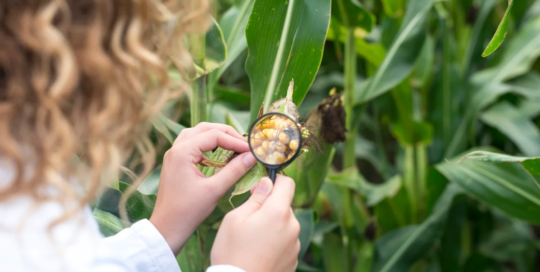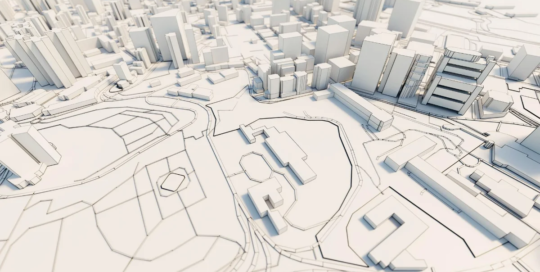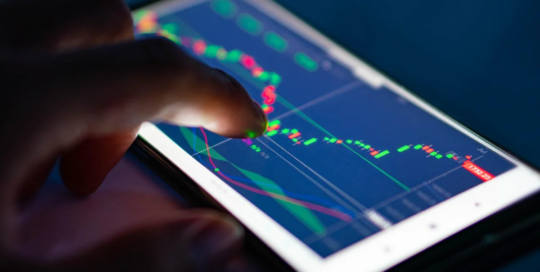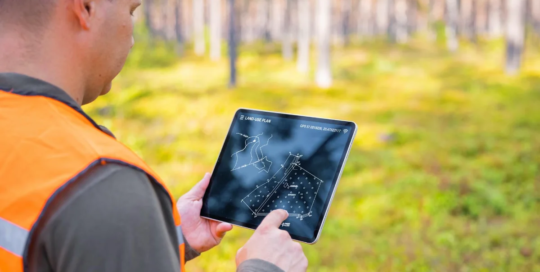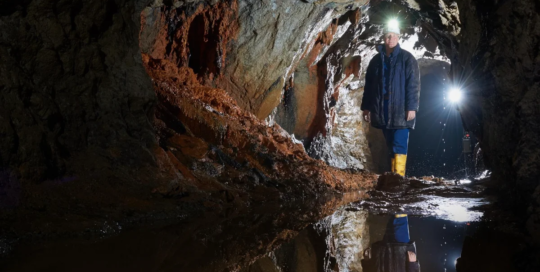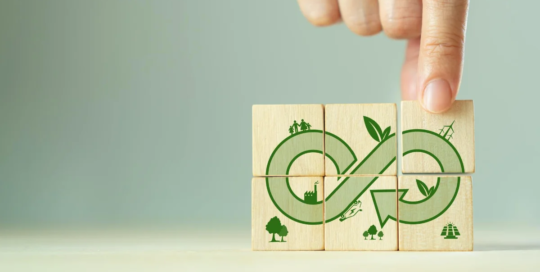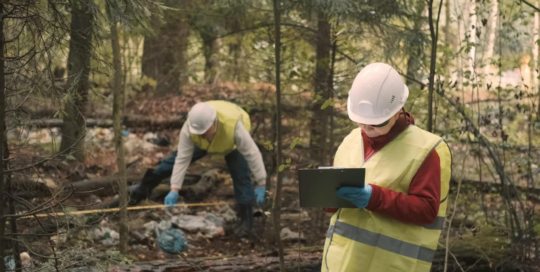Perform standardized qualitative and quantitative tests to determine physical or chemical properties of food or beverage products.
Agricultural technicians
2025-09-04T10:24:51-06:00Set up or maintain laboratory equipment and collect samples from crops or animals. They prepare specimens or record data to assist scientists in biology or related life science experiments.
Transportation planners
2025-09-04T10:16:44-06:00Prepare studies for proposed transportation projects. They gather, compile, and analyze data. They study the use and operation of transportation systems. They develop transportation models or simulations.
Historians
2025-09-04T10:00:49-06:00Research, analyze, record, and interpret the past as recorded in sources, such as government and institutional records, newspapers and other periodicals, photographs, interviews, films, electronic media, and unpublished manuscripts, such as personal diaries and letters.
Urban and regional planners
2025-09-04T09:42:58-06:00Develop comprehensive plans and programs for use of land and physical facilities of jurisdictions, such as towns, cities, counties, and metropolitan areas.
Economists
2025-08-01T21:36:39-06:00Conduct research, prepare reports, or formulate plans to address economic problems related to the production and distribution of goods and services or monetary and fiscal policy. They collect and process economic and statistical data using sampling techniques and econometric methods.
Remote sensing scientists and technologists
2025-08-01T21:33:17-06:00Apply remote sensing principles and methods to analyze data and solve problems in areas such as natural resource management, urban planning, or homeland security. They develop new sensor systems, analytical techniques, or new applications for existing systems.
Hydrologists
2025-08-01T21:29:41-06:00Research the distribution, circulation, and physical properties of underground and surface waters; and study the form and intensity of precipitation, its rate of infiltration into the soil, movement through the earth, and its return to the ocean and atmosphere.
Industrial ecologists
2025-08-01T21:08:32-06:00Apply principles and processes of natural ecosystems to develop models for efficient industrial systems. They use knowledge from the physical and social sciences to maximize effective use of natural resources in the production and use of goods and services. They examine societal issues and their relationship with both technical systems and the environment.
Environmental restoration planners
2025-08-01T21:05:18-06:00Collaborate with field and biology staff to oversee the implementation of restoration projects and to develop new products. They process and synthesize complex scientific data into practical strategies for restoration, monitoring or management.

